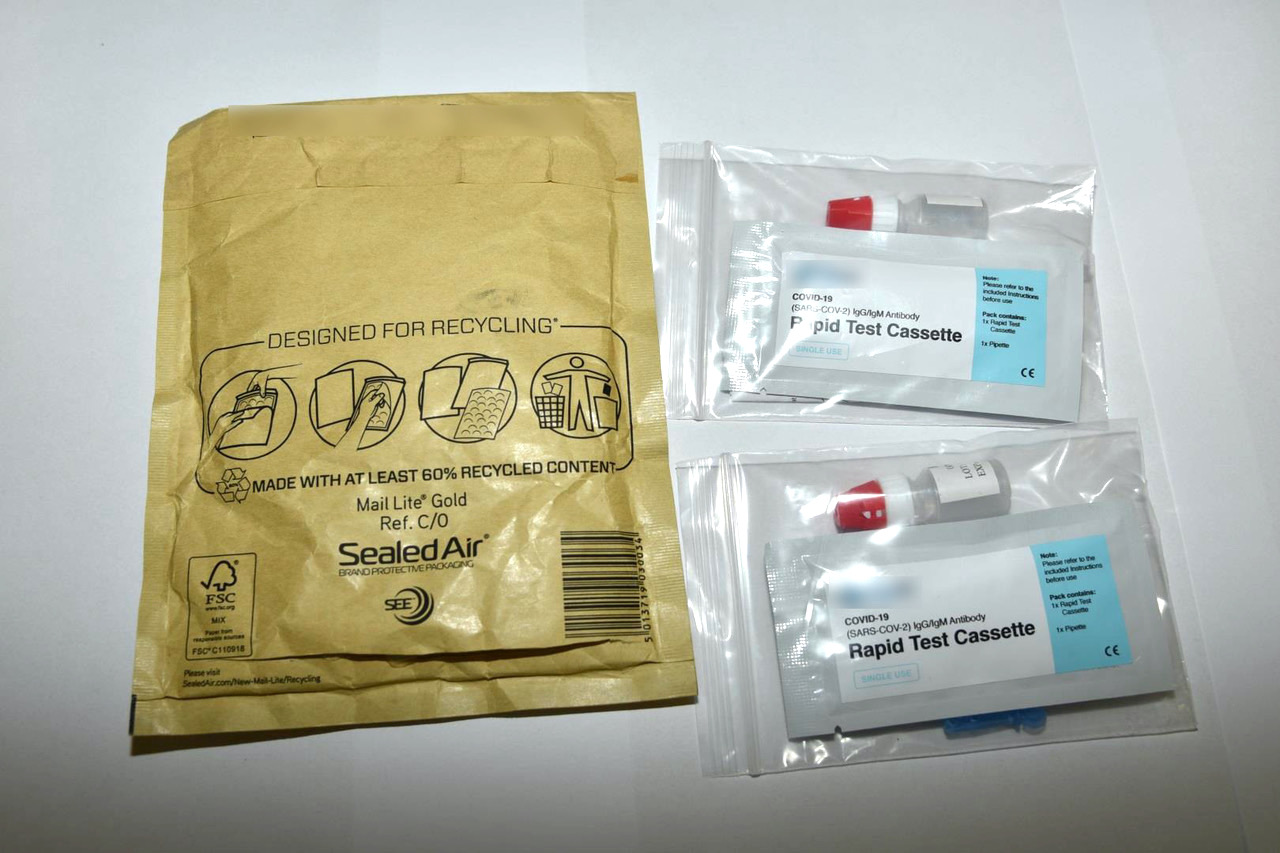Selected student police officers to be issued Tasers
Some officers with less than two years’ service will now be allowed to carry Taser under changes announced by the Government.
The Home Office approved a request from senior officers to allow selected student officers who work on the front line to undertake the specialist training needed to use the equipment.
However, the move follows considerable campaigning by the Police Federation of England and Wales (PFEW) to issue Tasers to all officers.
Following the announcement, made in a ministerial statement on Thursday (February 28), the PFEW chair John Apter hailed the decision as a “victory for our members and for common sense”.
Previously, only officers who had passed their two-year probation period were eligible. The decision will mean chief officers can ensure the devices are available at more incidents where they are needed and provide them to officers who have previous experience or can demonstrate an ability to deal with conflict, such as recruits from the military.
Mr Apter said: “Taser is a vital piece of protective equipment and the Federation has long campaigned for all officers – including those within their probation – who want to carry it and who pass the assessment criteria to be able to.
“The current make–up of the police service means that in some areas student officers form large percentages of the frontline emergency response and neighbourhood teams so it is only right that they should be given the opportunity to access this equipment, which is proven to protect them and the public.”
In addition to the normal requirements for officers to be approved to carry the devices –having the support of their supervisor, endorsement at superintendent level and pass the Taser training course – student officers are required to have been assessed as safe and lawful for independent patrol, have demonstrated experience of successfully managing conflict and hold a review with a supervisor following their use of a Taser.
However, the Home Office said the decision to issue the devices to those with less than two years’ service will be made by chief officers “who determine the number of devices and specially trained officers they need based on their force’s strategic assessment of threat and risk”.
Deputy Assistant Commissioner Lucy D’Orsi, National Police Chiefs’ Council lead for less lethal weapons, said: “Giving chief constables the option of selecting and training their probationary officers to carry Taser is a welcome step.
“Probationers are posted to the front line and they respond to the same calls as other colleagues. These calls range from dealing with vulnerable people in need of help to incidents of serious violence.
“At present, an officer’s suitability to carry Taser is determined by the amount of time someone has been an officer. The diversity of our workforce has changed considerably and many of our probationers have professional and life skills from before they started their police career that help to demonstrate their capability to carry Taser. I believe these skills should be recognised as well as their ability as a police officer, particularly when dealing with conflict.”
The Home Office said student officers can be deployed to the front line and face the same threats as ranked officers. Police chiefs therefore want certain recruits to complete Taser training where there is a clear local need.
Home Secretary Sajid Javid said: “The police put themselves in harm’s way to keep us all safe and that includes student officers working on the front line.
“Tasers give them an important tactical option when facing potentially dangerous and violent situations. I remain committed to giving officers the tools they need to protect themselves, their colleagues and the public.”
However, the PFEW said the change of policy would require additional funding to procure more devices.
Mr Apter added: “This announcement must be accompanied by a significant centrally-funded ring-fenced investment specifically for Taser provision.
“Chief officers should be able to make vitally important operational decisions such as these based on the safety of their officers and the communities they serve, rather than the need to balance columns on a spreadsheet.”







